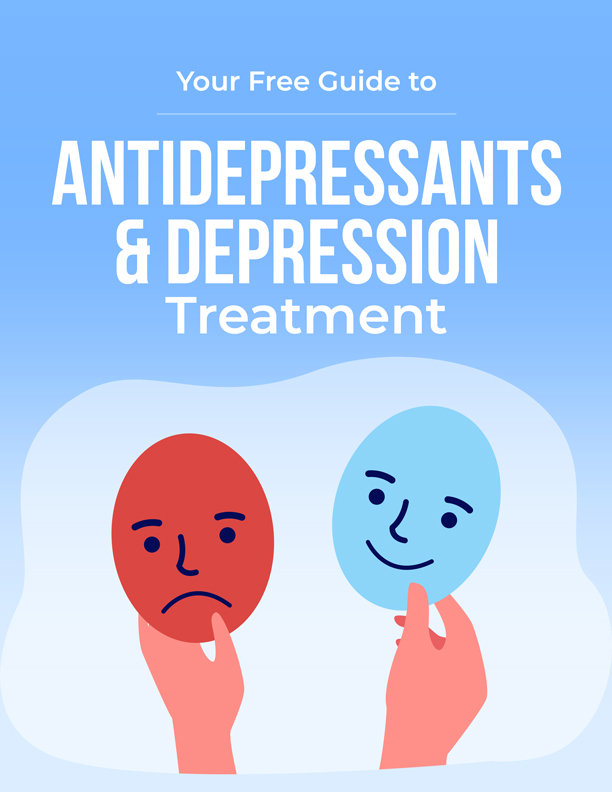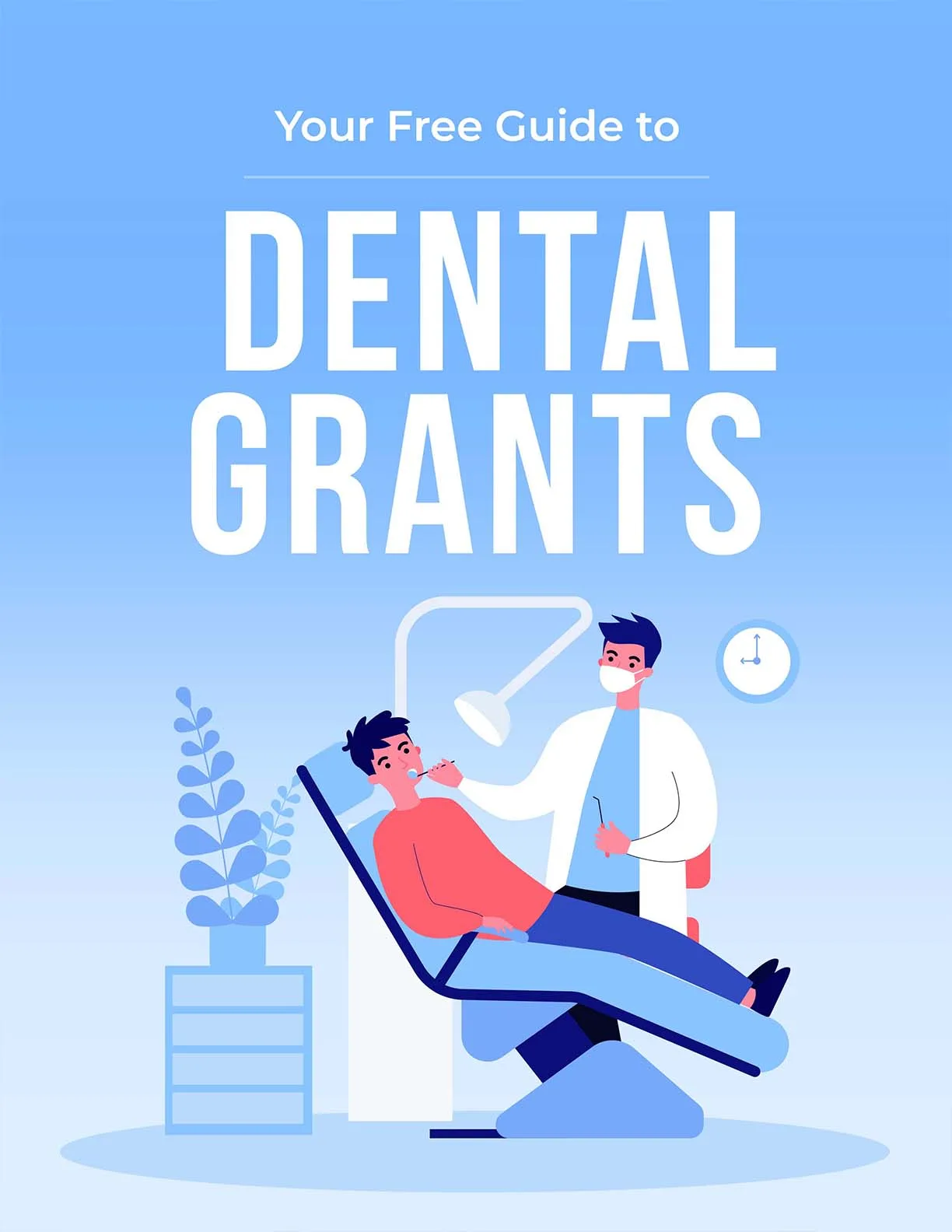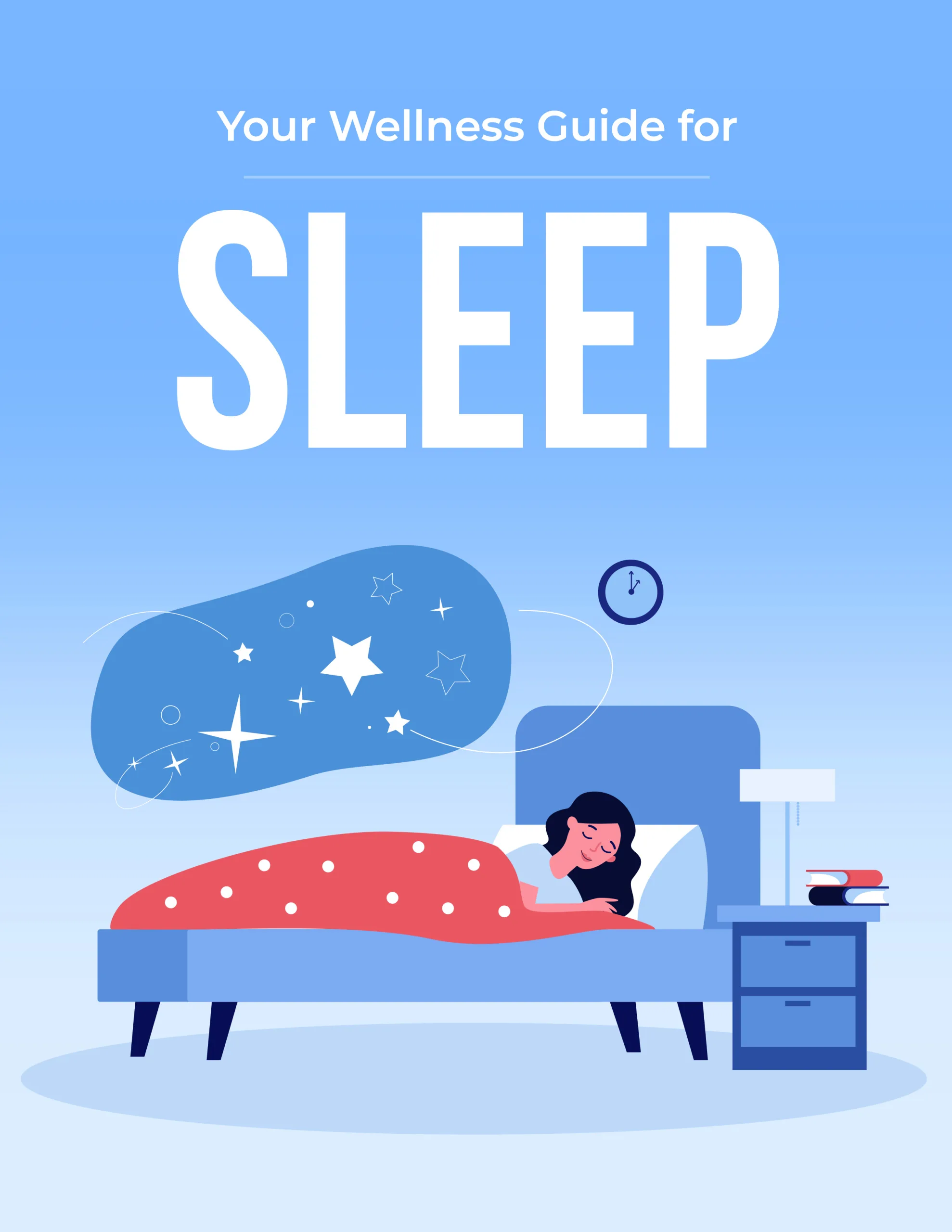Your Free Guide to Antidepressants and Depression Treatment
Your Free Guide to Antidepressants and Depression Treatment
We are privately owned and not affiliated with the government in any way or form.

Depression is a mood disorder that causes feelings of sadness, hopelessness, and despair. It can be very painful and debilitating, but there are ways to get better. One of the best ways to treat depression is with medication. Antidepressant medication works by increasing levels of serotonin, a chemical that helps to regulate mood.
How Antidepressants May Help You Navigate Your Day-to-Day
If you are one of the millions who suffer from depression and anxiety, and you want to get better, you may consider medication. Depression and anxiety can be debilitating, but with the help of medication and therapy, you can get better. Antidepressants may be a key part of treatment, and your doctor can help you find the right medication and dosage for you.
It’s also important to go to therapy, where you can learn more about your condition and get support from others. With treatment, you can start to feel better and live a more fulfilling life.
What Are Anti-Depressants and How Do They work?
Antidepressants are a type of medication used to treat depression and anxiety. They work by affecting the chemicals in the brain that are responsible for mood and emotions. This can help to improve mood and alleviate symptoms of anxiety.
There are different types of antidepressants, and they can be taken in different ways (such as oral tablets, capsules or liquids). Your doctor will work with you to find the right medication and dosage for you.
Who Should Take Anti-Depressants?
If you’re struggling with depression or anxiety, your doctor may recommend that you start taking antidepressants. Depression and anxiety can be debilitating, but with the help of medication and therapy, you may be able to improve and get better.
Antidepressants are an important part of treatment, and, since different antidepressants work differently, your doctor can help you find the right medication and dosage.
What Are the Side Effects of Antidepressants?
Like all medications, antidepressants can have side effects. Common side effects include nausea, headache, dry mouth, weight gain, and sexual dysfunction.
However, these side effects vary from person to person. Talk to your doctor about the potential side effects of the medication you’re considering.
How to Find the Right Medication and Dosage for You
The right medication and dosage for you will depend on several factors, including your age, health history, and severity of symptoms. Your doctor will work with you to find the right medication and dosage for you.
When to Start Taking Antidepressants
There is no “one-size-fits-all” answer to this question. Your doctor will work with you to determine when you should start taking antidepressants. In general, it may take several weeks for the medication to start working.
How to Continue Treatment Once You’ve Started Taking Medication
It’s important to continue treatment even after you start taking medication. This may include going to therapy and attending support groups. Medication alone is usually not enough to treat depression and anxiety.
Therapy can help you learn more about your condition and give you tools to cope with symptoms. Support groups can provide emotional support and allow you to connect with others who are facing similar challenges.
Tips for Living With Depression and Anxiety
There are a few things you can do to make living with depression and anxiety easier:
- Get regular exercise: Exercise can help to improve mood and alleviate symptoms of anxiety.
- Eat a healthy diet: Eating a nutritious diet can help to improve mood and energy levels.
- Get enough sleep: Getting enough sleep is important for overall health and well-being.
- Avoid alcohol and drugs: Alcohol and drugs can make symptoms of depression and anxiety worse.
- Connect with others: Talking to friends and family, or joining a support group, can help you feel connected and supported.
What Are the Different Antidepressants and How Do They Work?
There are a variety of antidepressants available, and they work by affecting different chemicals in the brain. Each antidepressant can have different effects on people, so it’s important to work with your doctor to find the medication that is right for you.
Antidepressants work by increasing or decreasing the number of certain chemicals in the brain. This can help to improve mood and alleviate symptoms of depression and anxiety. Some common antidepressants include:
Selective Serotonin Reuptake Inhibitors (SSRIs)
SSRIs are the most common type of antidepressant. They work by increasing levels of serotonin, a chemical that helps to regulate mood. SSRIs include drugs such as fluoxetine (Prozac) and citalopram (Celexa).
Tricyclic Antidepressants (TCAs)
TCAs are an older type of antidepressant that work by increasing levels of both serotonin and norepinephrine, another chemical that helps to regulate mood. TCAs include drugs such as amitriptyline (Elavil) and imipramine (Tofranil).
Serotonin-Norepinephrine Reuptake Inhibitors (SNRIs)
SNRIs are a newer type of antidepressant that work by increasing levels of both serotonin and norepinephrine. SNRIs include drugs such as duloxetine (Cymbalta) and venlafaxine (Effexor).
Your doctor will work with you to find the antidepressant that is right for you. It may take a few weeks for the medication to start working. Once you start taking an antidepressant, it’s important to continue treatment even after you start feeling better. This can help to prevent symptoms from returning.
Which Types of Talk Therapy Work Best for Depression?
Talk therapy is an important part of treatment for depression. There are different types of talk therapy, and each type may work best for certain people. Some of the most common types of talk therapy include cognitive-behavioral therapy (CBT), interpersonal therapy and psychodynamic therapy.
What Is Talk Therapy and Why Is It Important for People With Depression?
Talk therapy is a type of therapy that helps people talk about their thoughts and feelings. It can be helpful for people with depression because it allows them to express their feelings and get support from a therapist. The therapist can help the person understand their depression and offer advice on how to deal with it. Talk therapy can also help people build better relationships and communicate more effectively.
There are different types of talk therapy, and each type may work best for certain people. Some of the most common types of talk therapy include cognitive-behavioral therapy (CBT), interpersonal therapy, and psychodynamic therapy.
Talk therapy is important for people with depression because it allows them to express their thoughts and feelings.
The different types of talk therapy include cognitive-behavioral therapy, interpersonal therapy, and psychodynamic therapy.
Cognitive-behavioral therapy helps people with depression by teaching them how to deal with difficult thoughts and emotions.
Interpersonal therapy helps people with depression by teaching them how to communicate better and build healthier relationships.
Psychodynamic therapy helps people with depression by helping them understand their past experiences and how they have affected their current behavior.
Grief Vs. Depression
Grief and depression are two very different things, but they can both be very painful. Grief is the sadness and pain that you feel after losing someone or something you love. Depression is a mood disorder that causes feelings of sadness, hopelessness, and despair.
Grief can sometimes lead to depression, but not everyone who experiences grief will become depressed. Depression is a serious illness that requires treatment, but there are ways to get better.







